MA International Planning and Sustainable Development Welcome to MORE 2024
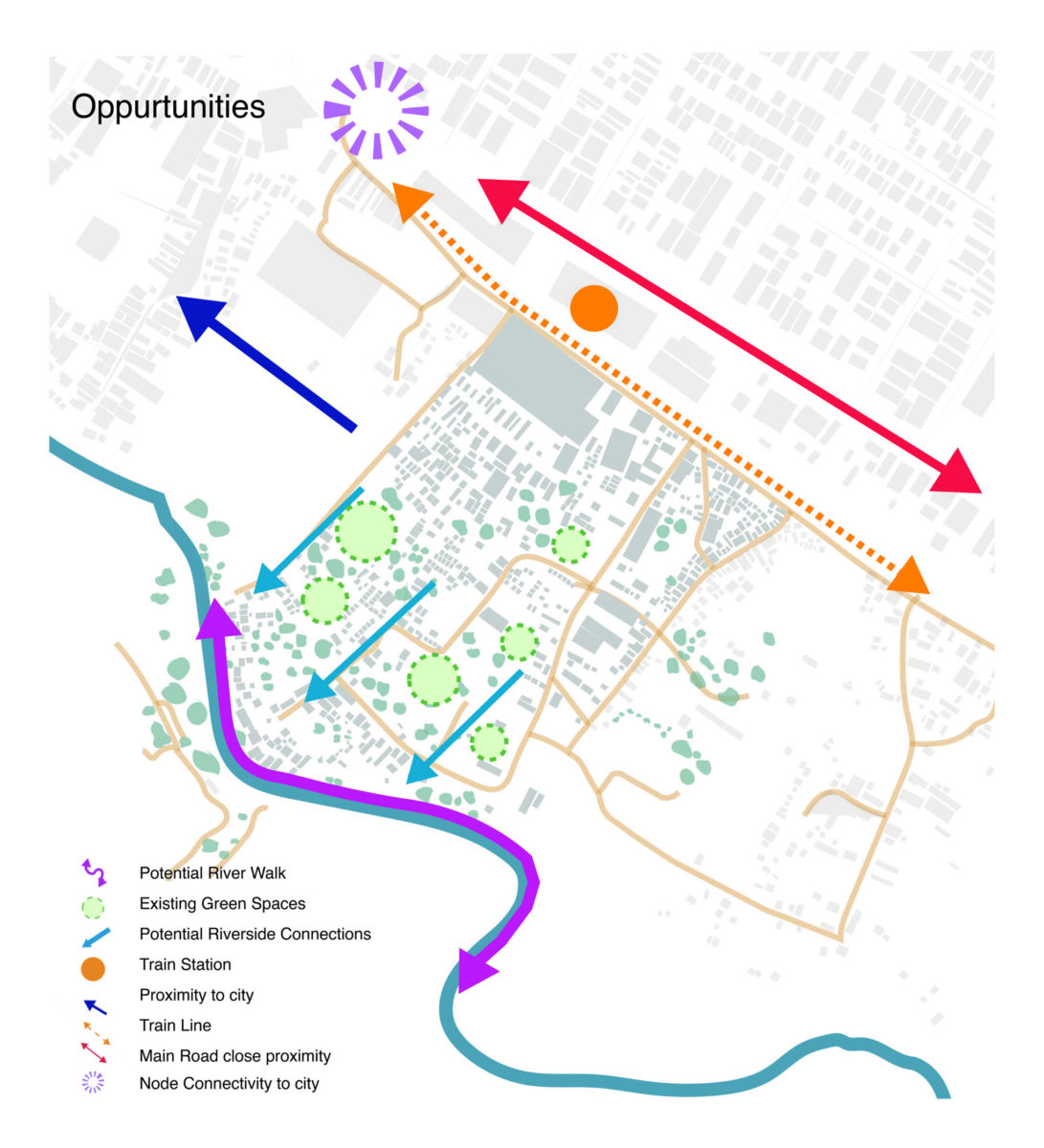
Lauren Clayton-Spencer:
Empowering the Informal: Reducing risk through sustainable urban development and management in Poipet, Cambodia

Julaiha Sanofar Mohamed Abdullah:
Enhancing Urban Flood Resilience through Naturalised Restoration of Urban Waterbodies in Chennai City
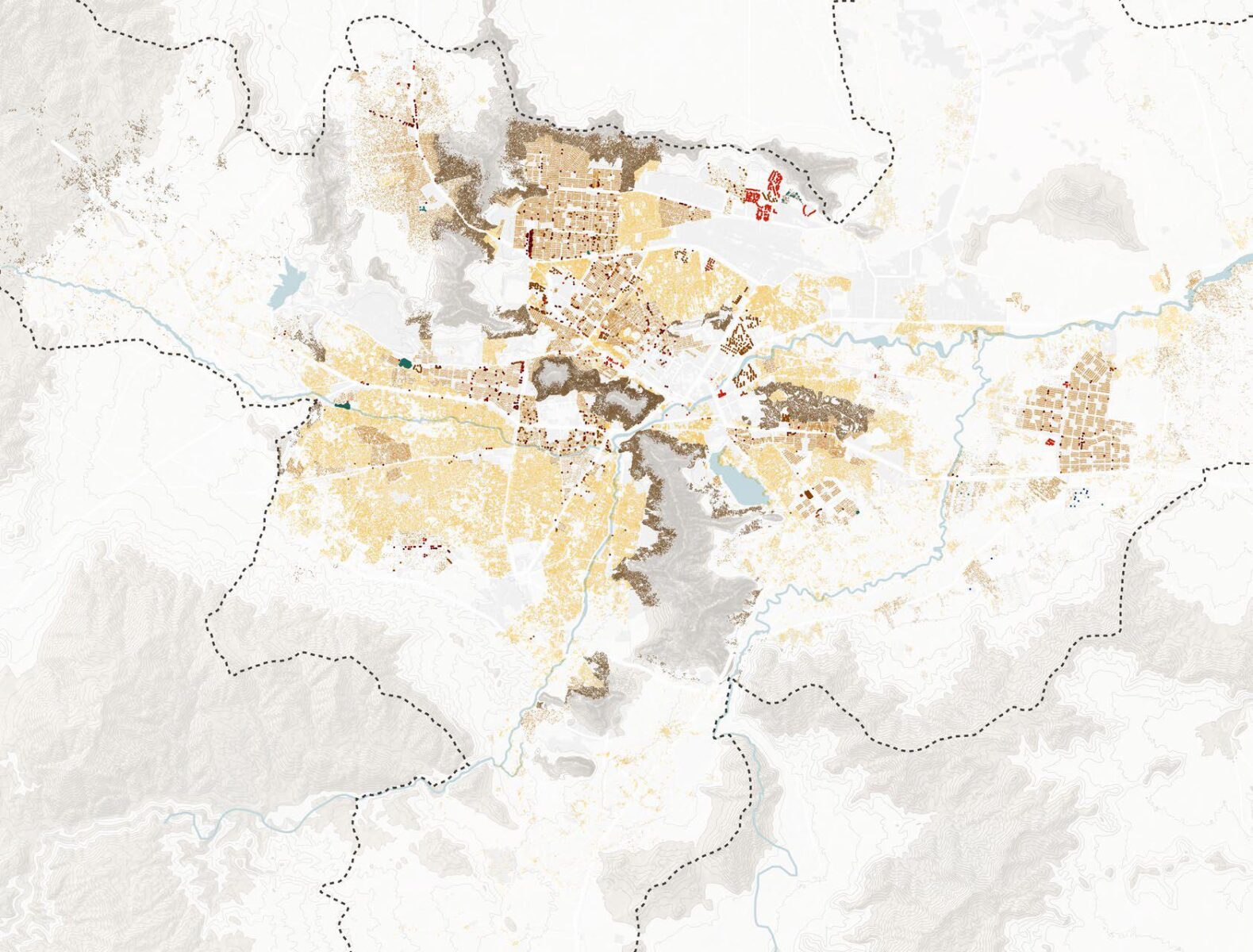
Kainat Azadzoi: Synchronising Informal Settlements in Kabul: Managing informal settlement upgrades
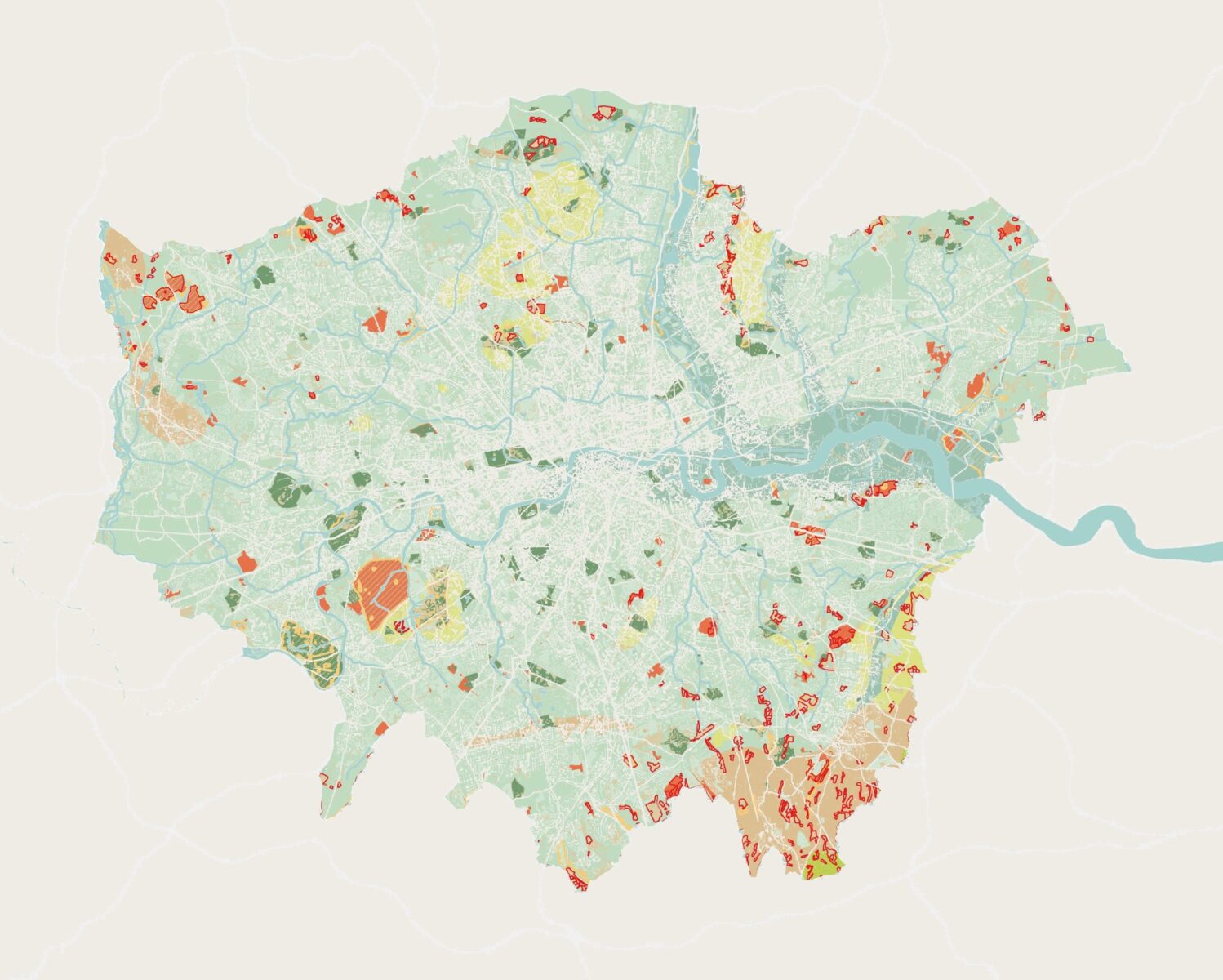
Sebastian Camp: Conviviality For All
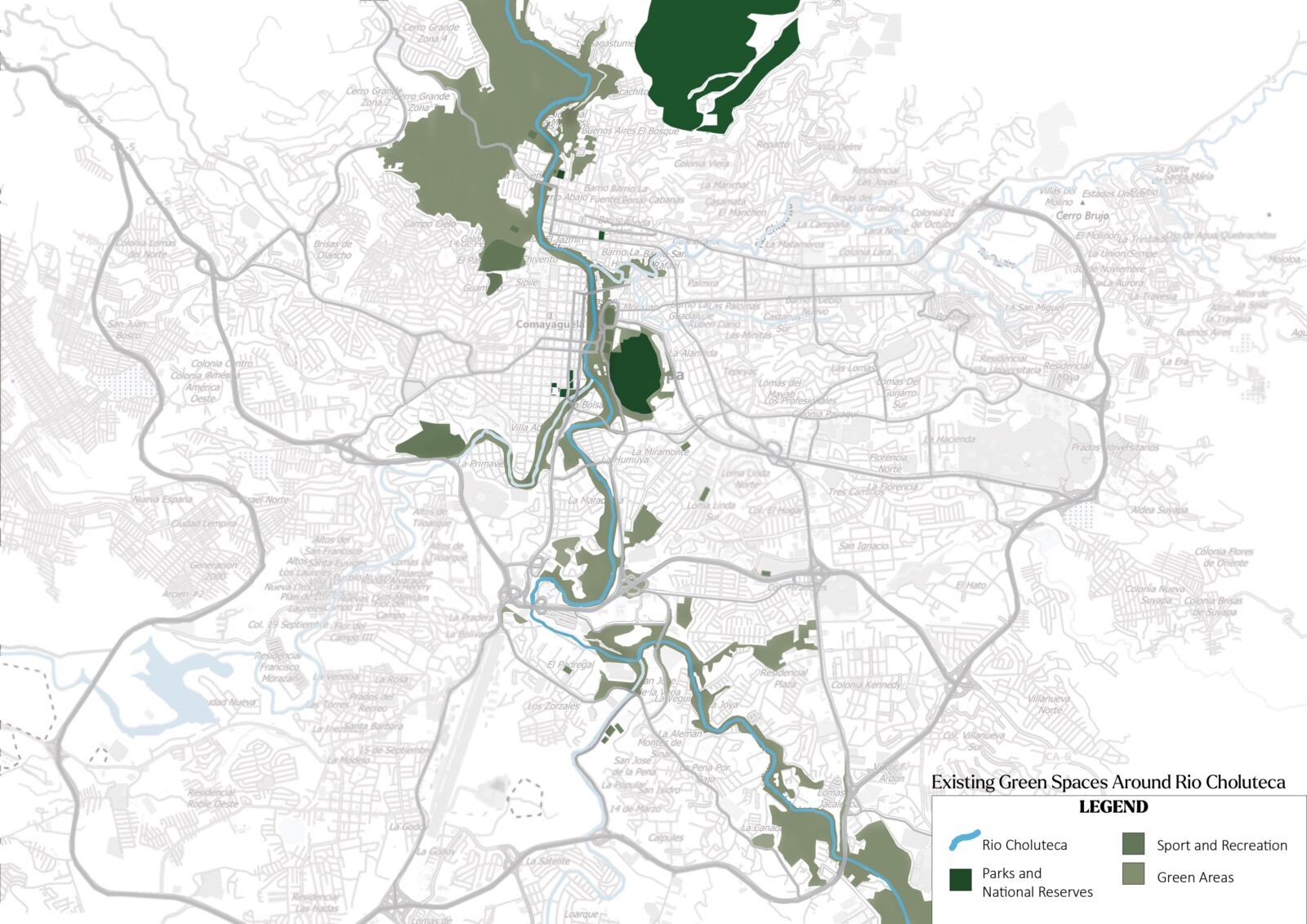
Sara House: Implementation of SuDs in River Restoration for Flood Risk Reduction: Rio Choluteca, Honduras
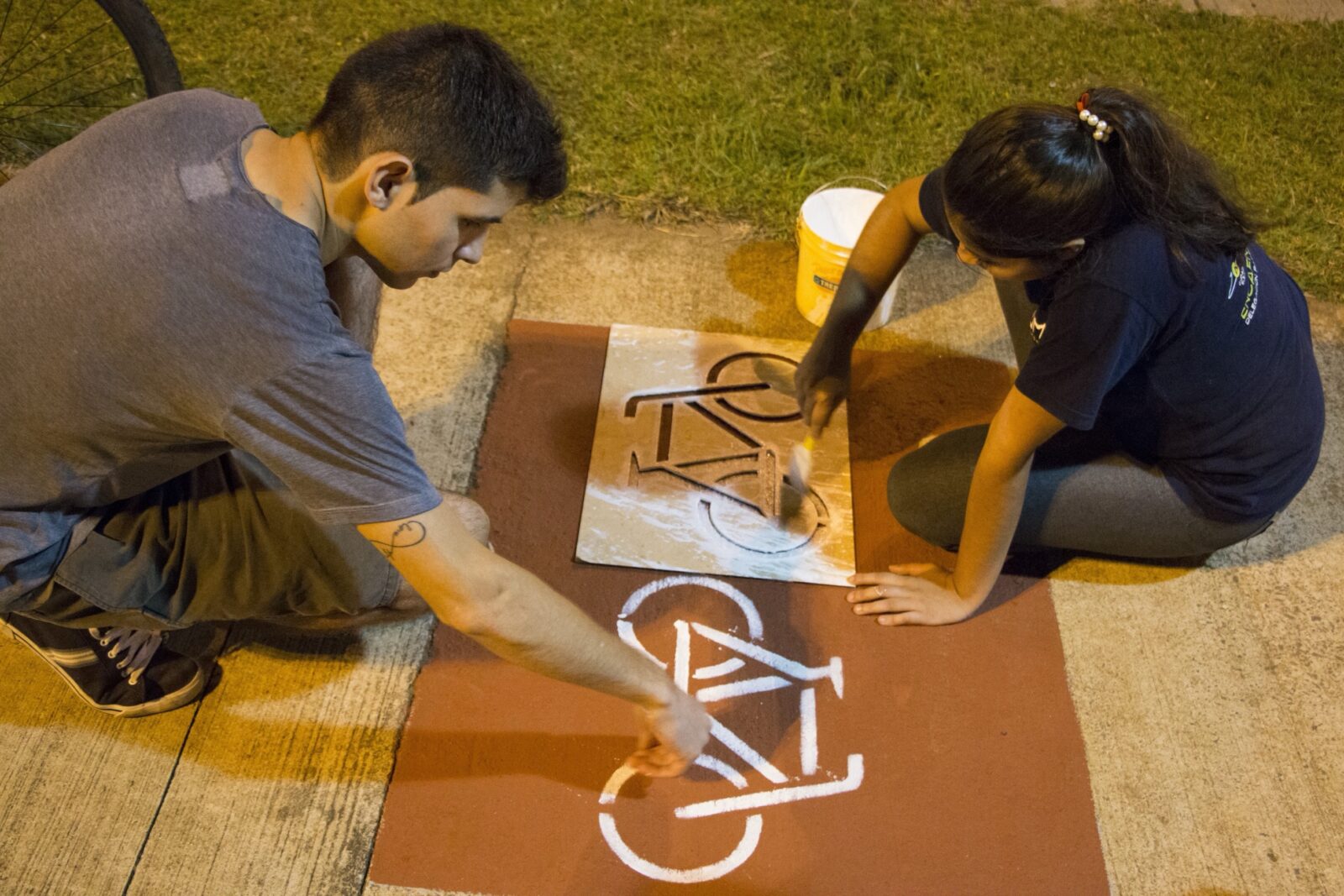
Maria Jose Nunez: The Challenge of Sustainable Mobility in Developing Cities
Giulio Verdini (Course Leader), Krystallia Kamvasinou, Lindsay Bremner, Sabina Cioboata, Jim Coleman, Corinna Dean, Ripin Kalra, David Mathewson, Sadie Morgan, Federico Redin, Peter Sharratt, Abubokkar Siddiki
Giulio Verdini is Reader in Urban Planning and Co-convener of the Emerging Territories Research Group at the School of Architecture + Cities, and Visiting Professor at Mohammed VI Polytechnic University, Morocco. His research explores cultural sustainability and socially innovative territorial development in the context of fast urbanising countries.
Krystallia Kamvasinou is an architect, a landscape architect and Reader in Planning, Urban Design and Architecture. She co-convenes the Emerging Territories Research Group at the School of Architecture + Cities, and her research which focuses on the topic of interim spaces and creative use has been widely published in academic journals and books.
THIS COURSE EXPLORES contemporary theories, policy and practice in international urban planning and design for sustainable development in both the Global North and South. Students undertaking this Masters course learn how to develop inclusive, safe, resilient and sustainable cities, in line with UN Sustainable Development Goals. By exploring a wide range of growing climate change and other environmental, economic and social pressures and risks, they will be ready to operate internationally, providing context-based and culturally-sensitive solutions to forge sustainable cities of the future.
Structured around written assignments and studio-based projects undertaken in group workshops, and supported by lectures, seminars, tutorials and site visits, the course is grounded in three core modules: Planning in a Globalising World; International Spatial Planning Practice; and Sustainable Neighbourhood Development. Students then choose to follow one of two pathways: Spatial Planning has a strong urban design component and an emphasis on development planning; alternatively, the Urban Resilience pathway has a sustainable development-focus with a core emphasis on climate change risks, adaptation planning and natural hazard risk management. During their studies students will be exposed to a number of newly conceived innovative planning methods and skills, such as scenario planning, design thinking, community co-production and urban foresight and anticipation.
As the University of Westminster was the UK’s first Habitat partner University, the course has benefitted since its inception from a range of academics and practitioners widely involved in international organisations. The curriculum draws therefore from solid theoretical foundations and, at the same time, on deep relations with policy and practice.
MAIPSD is aimed at international, UK and EU students with a relevant background who wish to gain an in-depth understanding of planning and sustainable development, whether to improve career prospects in their country or enter UK or international practice. The course is fully accredited by the Royal Town Planning Institute (RTPI) as a ‘combined planning programme’.
GUEST CRITICS: Imane Bkiri (Centre Jacques Berque, Rabat), Darshana Chauhan (Co Plug), Nandini Dasgupta, Yann Leclerc (Dar Group), Didem Ertem, Kim Hitch (King’s Foundation), Filomena Russo.
SPECIAL THANKS: Gino Brignoli (Biodiversity Officer, Cody Dock), Youssef El Ganadi (International University of Rabat), Chandrima Mukhopadhyay (UN-HABITAT, India), Simon Olley (Friends of the Parkland Walk), Olivier Sykes (University of Liverpool).
STUDENTS:
- Salima Afroz
- Hassan Agha
- Kainat Azadzoi
- Sebastian Camp
- Maria Cristina Chicuen
- Lauren Clayton-Spencer
- Danila Doroshenko
- Maria Nunez Gimenez
- Carl Irengard
- Leila Hatami
- Sara House
- Gulsabah Mehdiyeva
- Chiaka Promise Merenini
- Julaiha Sanofar Mohamed
- Nour Rustum
- Prachi Sandeep Patil
- Rashmi Shinde
- Chalini Dedunu Bandara Wewalage
